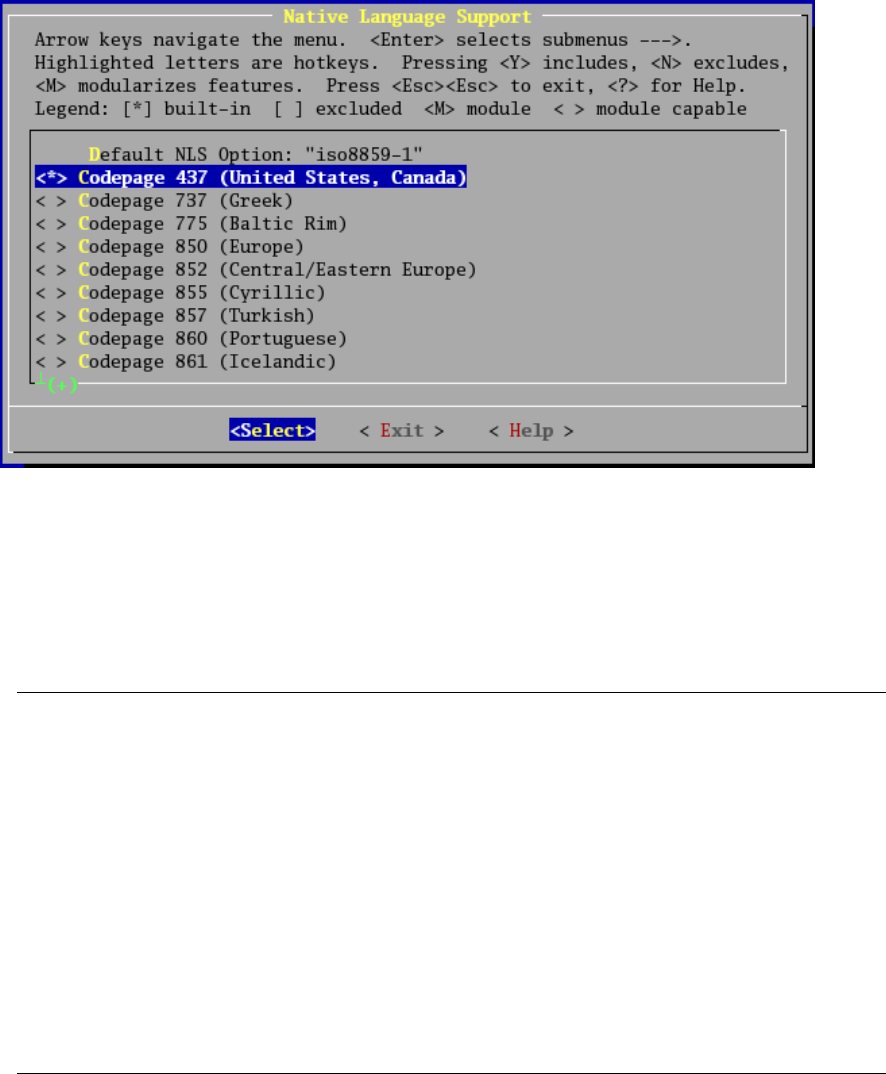
Figure 3-7 NLS(Native Language Support) configuration
And you should select the codepages like the default codepage and other codepages to be used
at the target. Then, the codepages will be compiled as built-in or module.
For example, if you set the default codepage to “cp949” for Korean, you have to select
“Codepage 949” at this menu.
☞ NOTE
If you installed the RFS code by using ‘rfs_install.sh’ script, the “Native Language Support”
option in the “File System” menu is automatically turned on when you turned on the option,
“Support NLS on RFS Filesystem”. Because that script makes some changes at the configuration
file of the Filesystem.
But if you don’t use ‘rfs_install.sh’ or “Native Language Support” option isn’t turned on, you
need to do the following:
► At the 2.6 kernels, you can explicitly select “Native Language Support” at the menu of
“File system” and be enable to select the proper codepage.
► At the 2.4 kernels, the option “Native Language Support” is automatically selected by
the Filesystem using the native language like MS-DOS, VFAT, SMB and so on. So, you have to
turn on other Filesystem like MS-DOS to use the “Native Language Support”.
When you didn’t select “FAT32 & long file name support”, you can’t find the menu about
“Support NLS on RFS Filesystem” like the following.
13 Linux RFS v1.3.0 Porting Guide


















